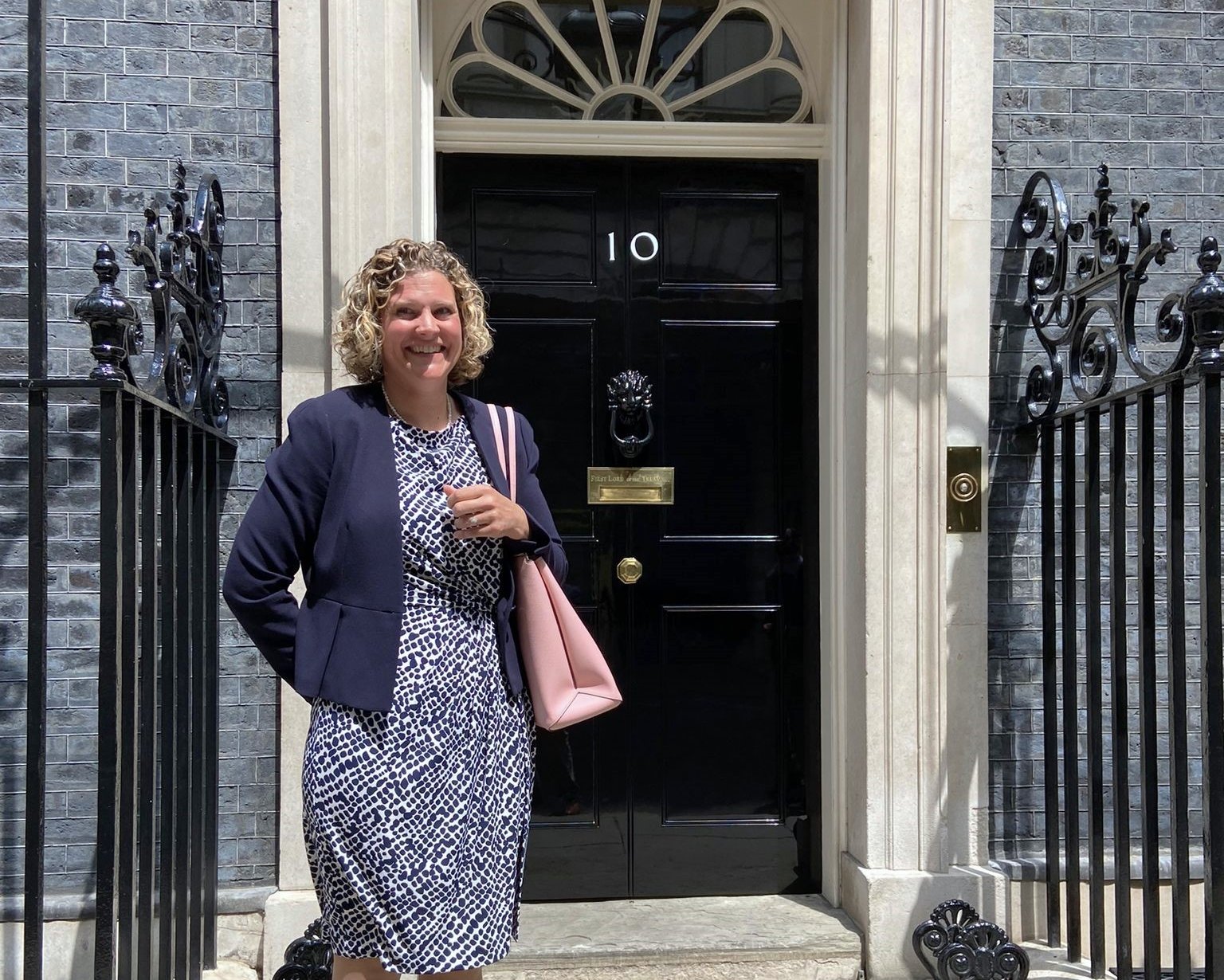Mobilising Nature Finance for Farmers and Land Managers
June 20, 2023
Posted in Policy, Sustainability, Value Capture

There is little new in receiving an invitation to a meeting entitled “Mobilising Nature Finance for Farmers and Land Managers.” When it is in 10 Downing Street, there is little reason to decline, so I read through the numerous documents and hopped on a train. This looked like a passive listening exercise; Therese Coffey announced additional Defra funding for NEIRF. I’ve explored the website but haven’t yet determined if it aligns with my approach to environmental improvement, which prioritises high impact, low-tech, low-risk, and low-cost solutions.
This journey toward quantifying the value of nature has prompted deep contemplation. Value is a complex concept that extends far beyond money. I can see developers benefiting financially from initiatives like Biodiversity Net Gain (BNG) and Nutrient Neutrality (NN), as they serve as regulatory social licenses for construction projects. The system primarily exists to generate profits from bricks and mortar. Similarly, water companies and other highly nature-dependent industries have incentives to invest.
However, when the conversation veered toward pension funds and voluntary markets, where investments in nature are less directly linked, understanding the flow of money became more challenging. It seems that many people are eagerly anticipating the allure of intangible “credits” without a realistic grasp of their implications or implementation.
Personally, I have a strong aversion to unfamiliar financial schemes sold by sharply dressed individuals who will vanish in their luxury cars long before I reap any promised benefits. I prefer transparency—I want to be able to visualise and explain concepts to others, especially those that impact my community, family and wider society.
While transparency is often mentioned, it is absolutely crucial in the nature supply chain. I dislike the idea of nature being treated as a mere commodity, something that can be “supplied.” Nevertheless, that seems to be the direction we’re heading, with farmers and land managers positioned as suppliers of nature-based services.
The capitalist system, which has transformed nature into a service, has neglected its crucial partner—food. The product (food) itself and its production have been overshadowed by pricing and logistics, leading to convoluted and often offshore supply chains due to a relentless pursuit of lower costs. If the government’s goal of channelling £1 billion annually into nature investments by 2030 is to succeed, we must steer clear of potential pitfalls.
Solutions are within reach. First and foremost, there must be transparency regarding gross margins throughout the entire chain. Farmers need to comprehend the value they bring to the table to negotiate fairly. In an industry where a 1% Return on Capital Employed (ROCE) is considered high performance, this transparency becomes critical for the success of thriving farming businesses. Additionally, market regulation is imperative. The notion that the free market functions flawlessly is a fallacy. Just as a plane cannot land without controls, we must establish and utilise mechanisms early on to correct undesirable course deviations.
Fairness should be at the core of our design. Nature, farmers, financiers, and investors must all benefit. This generates long-term outcomes that benefit generations to come. Society as a whole, as well as the electorate, will not appreciate another mechanism that fattens the wallets of the wealthy while nature suffers.